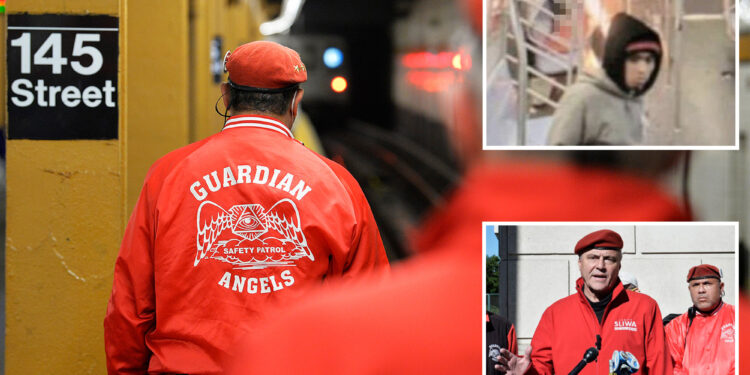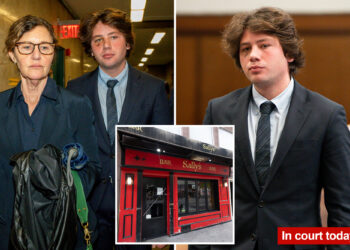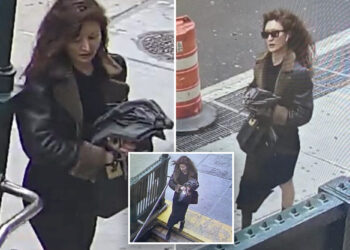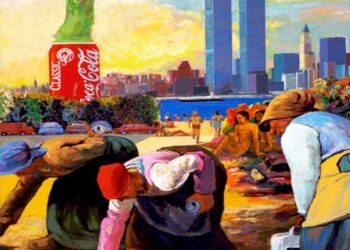
The Guardian Angels will start patrolling New York City subway cars once again in response to the horrifying murder of a sleeping passenger, who was burned to death on the F train last week, the group announced.
Ever since the horrifying incident, “hundreds of citizens” have requested the Guardian Angels return to patrol the subway cars, the group — which was founded by Curtis Sliwa in 1979 in response to sky-high subway crime — said.
“We’re covering the actual trains from front to back, walking through the trains and making sure that everything is okay,” Sliwa told The Post on Sunday. “We’re doing this constantly now, starting today that’s going to be our complete focus because the subways are out of control.”
The group’s latest strategy will focus on conducting wellness checks on homeless people and emotionally disturbed individuals.
The Guardian Angels will also provide water to homless people and report any issues they come across to the NYPD, the group said.
The group last patrolled subway trains in 2020 following the target attacks on members of the Asian community during the 2020 COVID-19 spike.
The group’s 150 New York City members will start their patrols on trains at the Coney Island-Stillwell Avenue station, where last week’s senseless attack unfolded.
A woman, who has still not been identified, was lit on fire while she slept on a strain that had pulled into that station — which is at the end of the F line. Cops later arrested illegal Gautemalan migrant Sebastian Zapeta-Calil for starting the fire.
Authorities said it appeared to be completely unprovoked.
“There’s so many trains that come in and out of here,” Sliwa said. “It’s the perfect place because it reminds people that nobody did anything a week ago. Nobody intervened. Nobody pointed to the cops and said ‘This is the guy.’ Even the cops didn’t do anything.”
Sliwa hopes the group’s presence on the train will encourage people to not be bystanders. “It was an example of people just not getting involved,” he said. “And we’re here to say, you see something, you say something. You gotta do something.”
Part of the issue, according to Sliwa, is the lack of cops actively patrolling the trains to help people.
“We’re now back to where we were when I started the group in 1979 on the subways. It’s gone full circle. I’ve never seen it this bad. Never,” Sliwa said.



























